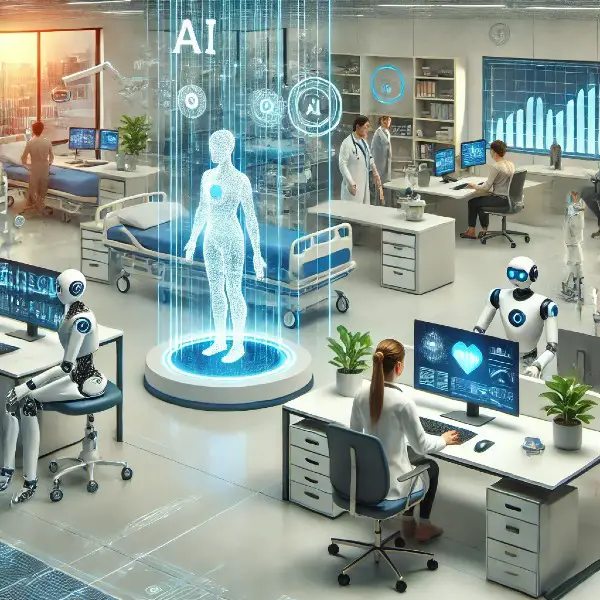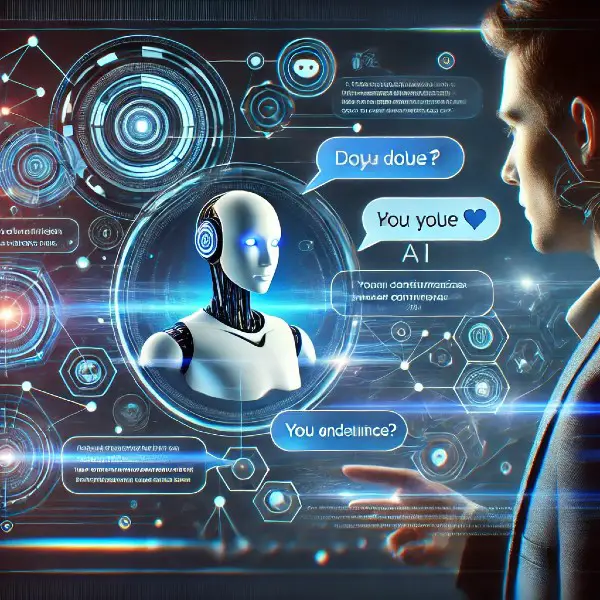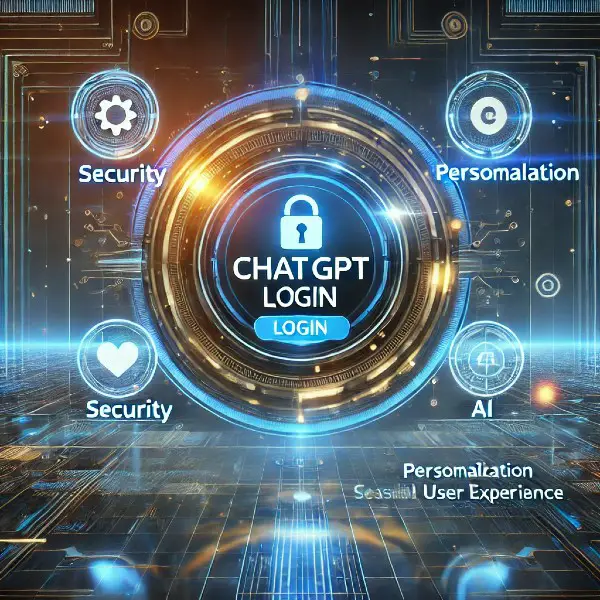Introduction: The Intersection of Healthcare and Workforce Evolution
AI Horizon As artificial intelligence (AI) continues to advance, its impact is becoming increasingly significant in various sectors, particularly healthcare and workforce management. The integration of AI into these fields is not merely a technological upgrade; it is reshaping the very foundation of how healthcare systems operate and how workforces are managed. This article delves into the profound influence of AI on healthcare and workforce integration, highlighting the challenges, opportunities, and future outlook.
AI-Driven Healthcare: Enhancing Efficiency and Patient Care
AI’s role in healthcare is multifaceted, encompassing everything from predictive analytics to personalized medicine. By leveraging large datasets, AI algorithms can predict patient outcomes with greater accuracy, enabling healthcare providers to make more informed decisions. This not only improves patient care but also enhances operational efficiency within healthcare facilities. The implementation of AI-driven diagnostic tools, for instance, has significantly reduced the time needed to identify diseases, leading to quicker and more effective treatments.
Workforce Integration: The Changing Landscape of Employment
As AI becomes more integrated into healthcare, it also reshapes the workforce. The automation of routine tasks, such as data entry and administrative duties, allows healthcare professionals to focus more on patient care. However, this shift also raises concerns about job displacement and the need for upskilling. The future workforce will need to adapt to these changes by acquiring new skills that complement AI technologies. This evolving dynamic between AI and human labor is crucial for maintaining a sustainable and productive workforce.
Challenges and Ethical Considerations
The integration of AI into healthcare and workforce management is not without challenges. Ethical concerns, such as data privacy and the potential for biased algorithms, must be addressed to ensure that AI technologies are used responsibly. Additionally, there is a need for clear regulations and guidelines to govern the use of AI in these sectors. Balancing innovation with ethical considerations will be key to harnessing the full potential of AI without compromising on human values.
Future Outlook: A Collaborative Approach
Looking ahead, the future of healthcare and workforce integration will likely be shaped by a collaborative approach between AI and human intelligence. AI has the potential to augment human capabilities, leading to more efficient and effective healthcare systems. However, this will require ongoing collaboration between technology developers, healthcare providers, and policymakers to ensure that AI is used in a way that benefits society as a whole. The key to success will be in finding the right balance between automation and human touch.
Conclusion: A New Era of Healthcare and Workforce Integration
In conclusion, AI is playing a pivotal role in transforming both healthcare and workforce dynamics. While there are challenges to overcome, the potential benefits far outweigh the risks. By embracing AI and addressing the associated ethical concerns, we can pave the way for a future where healthcare is more efficient, and the workforce is more adaptable. This new era of integration holds the promise of improved patient outcomes, enhanced job satisfaction, and a more resilient healthcare system.
Reference
- AI Horizon in Healthcare: The integration of AI in healthcare has reached a pivotal point, where its potential to revolutionize patient care is both exciting and daunting. According to Harvard Business Review, the AI horizon in healthcare is defined by innovations that can enhance diagnostic accuracy, streamline clinical workflows, and improve patient outcomes. However, these advancements also come with challenges related to data privacy, ethical considerations, and the need for rigorous validation of AI tools. As AI continues to evolve, healthcare systems must balance the benefits with the inherent risks.
- AI Horizon and Ethical Implications: As AI technology advances, it’s critical to address the ethical implications that arise at the AI horizon. A report by The Brookings Institution highlights the importance of transparency, accountability, and fairness in AI systems, particularly in public sectors such as healthcare. The report discusses how AI’s potential to improve efficiency and decision-making must be tempered with strong ethical guidelines to prevent biases and ensure equitable access to AI-driven innovations.
- AI Horizon and Future Opportunities: The AI horizon is not only about the current state of technology but also about the future possibilities it presents across various industries. McKinsey & Company explores how AI is poised to unlock new opportunities, from enhancing customer experiences to driving operational efficiencies. As industries navigate the AI horizon, they must remain agile and adaptable, embracing the technology while addressing the challenges it poses, such as workforce displacement and the need for reskilling.









